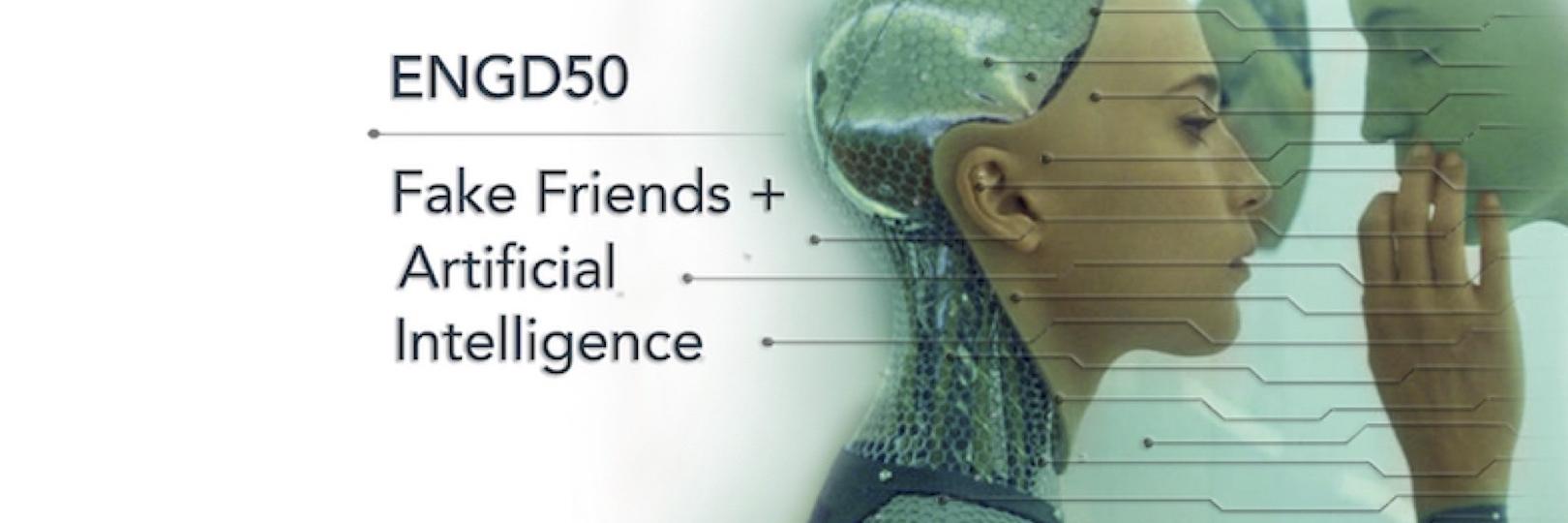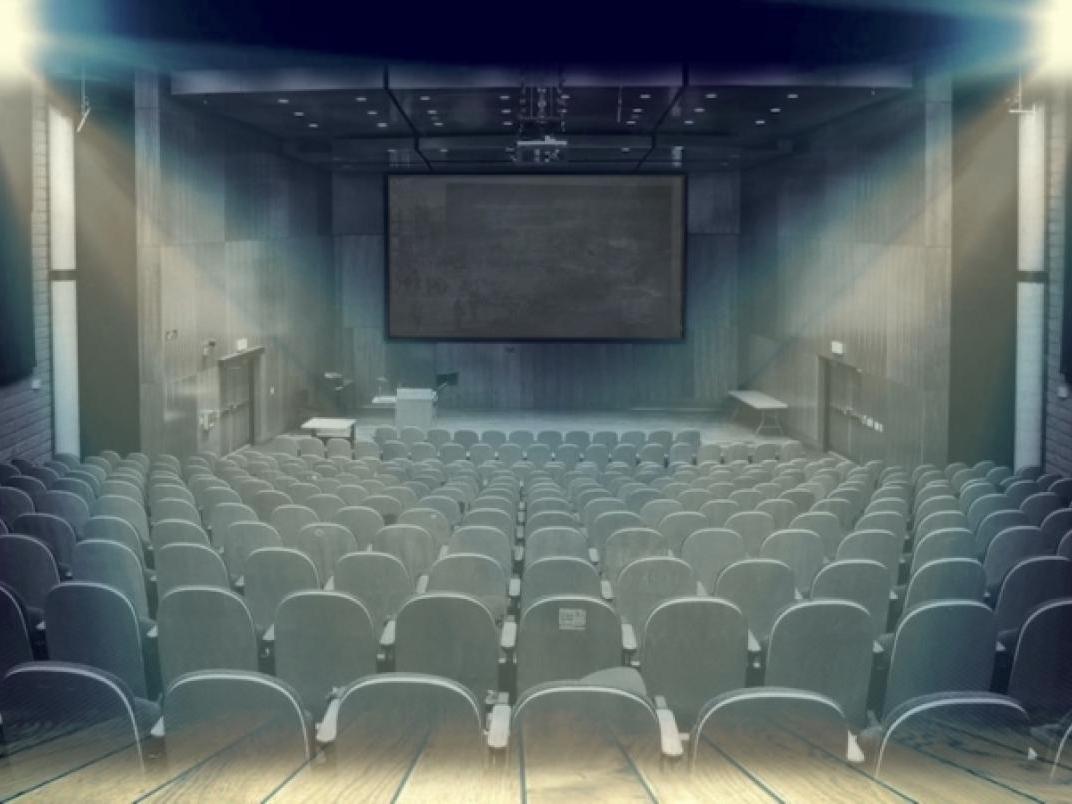ENGD50H3F
Course Name: Fake Friends and Artificial Intelligence: The Human-Robot Relationship in Literature and Culture
Instructor: Prof. Marlene Goldman
Course Description: This course will explore the portrayal of social robots in the cultural imagination in conjunction with literary and religious myths of creation. The topic is timely in view of the pressing and increasingly uncanny facets of non-divine, non-biological creation that attend the real-world production and marketing of social robots. While the course looks back to early literary accounts of robots in the 1960s, it concentrates on works written in or after the 1990s when, according to anthropologist Sherry Turkle, western society experienced “the development of a fully networked life” and “an evolution in robotics” (xii). Instead of “simply taking on difficult or dangerous jobs for us,” as Turkle explains, “robots would try to be our friends” (xii). This course explores the ethical, psychological, and aesthetic questions raised by our contemporary “robot moment.” To track the social, psychological and imaginative issues raised by the paradigm shifts associated with the development of social robots, this course pairs films, plays, fiction, and theory about robots with an analysis of their mythical underpinnings which frequently lead back to the biblical story of Genesis and classical stories of creation, including tales of Prometheus and the human artificer, Daedalus.
The course’s primary aim entails grappling with the ethical and aesthetic questions raised by imaginative portrayals of transhuman relationships. Questions to be considered in reading literature about social robots in light of these myths include: how is creation figured? What or who is created and why? Who plays God? Who serves as Eve/Adam? Who is cast as Satan? What is the locus of the Garden? Who and what does it include and exclude? What does enclosure or escape from the Garden entail? What constitutes power/knowledge? And, finally, how does a particular narrative treatment of the social robot potentially alter our understanding of the mythical intertexts and, by extension, notions of divinity, humanity, gender, animality, and relations of kinship and care.
Course Texts: The readings and films for this course include:
Louisa Hall, Speak (2015; ISBN 978-0-06-23910-9)
Isaac Asimov, I, Robot (1967, reprint 2013)
Philip K. Dick, Do Androids Dream of Electric Sheep? (1968)
Carel Capek, R.U.R. (1923, reprint Dover 2001)
Ex Machina
West World (HBO series)
Blade Runner
Her (available via Criterion)
Marjorie Prime
Learn more about Prof. Goldman's teaching and research, as well as how to contact her with any questions.
CIick HERE to explore the full list of our current course offerings.
You can also check for specific D-level seminar topics or for Pre-1900 courses.


